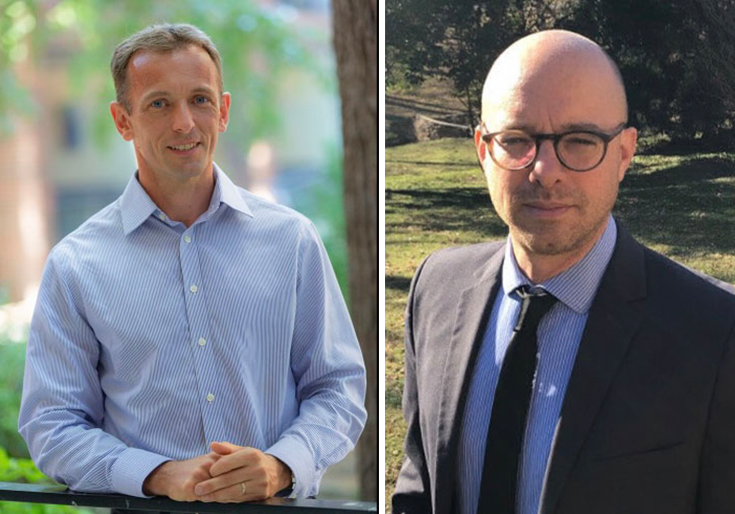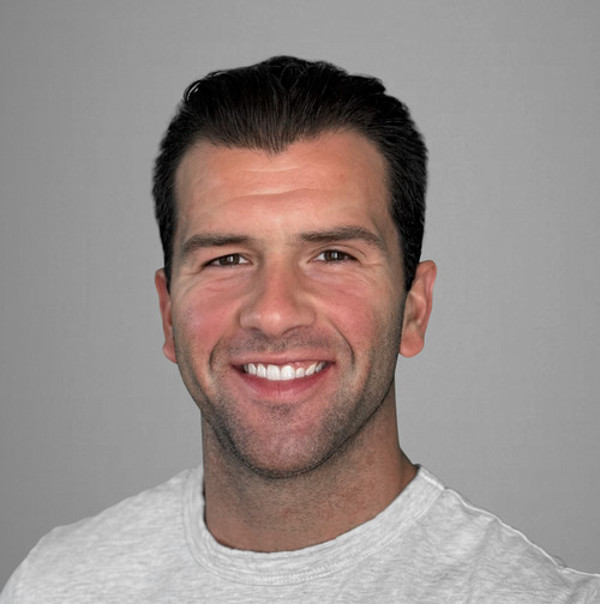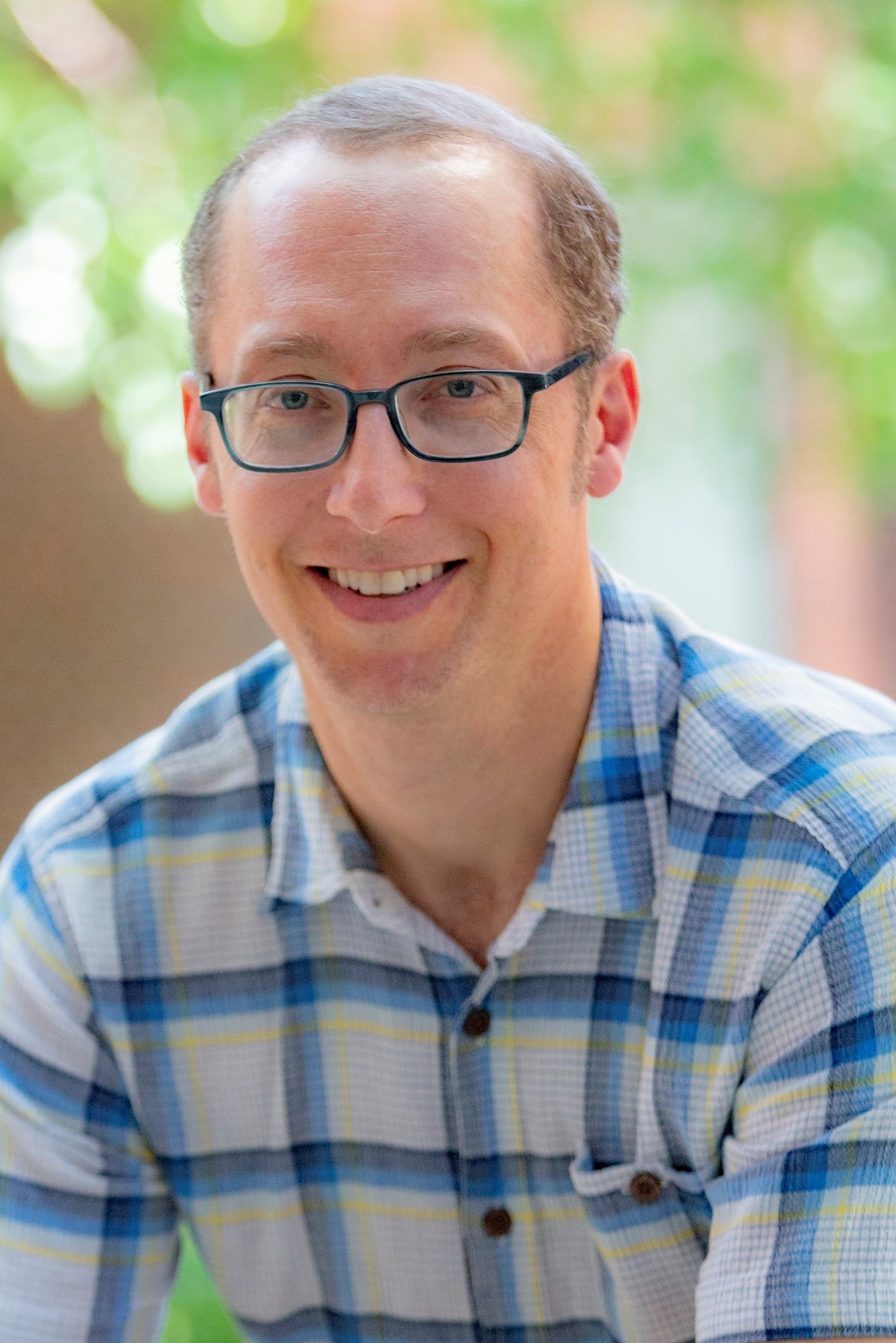Economics Students Analyze Childhood-Trauma Data for Free Health Clinic
By Rebecca Goldfine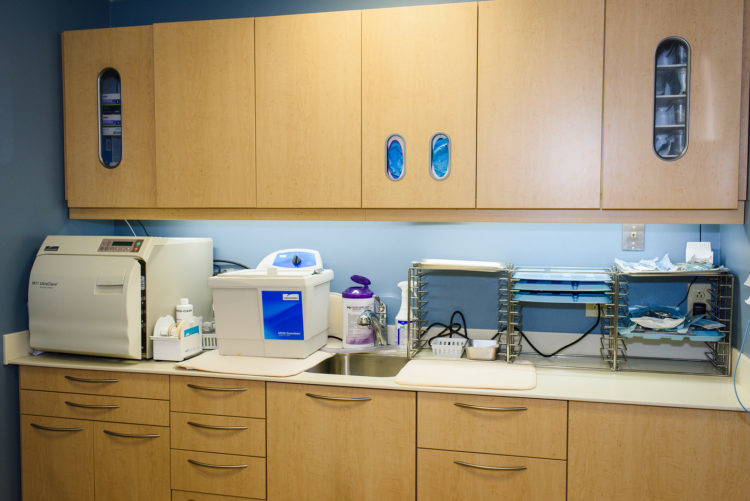
Oasis Free Clinics was seeking help to compare information it had about some of its patients’ childhood histories — in particular, the traumas they may have experienced in youth — with information collected from a more general population. The clinic provides free dental and medical care to low-income, uninsured people in the greater Brunswick region.
Fitzgerald, who is Bowdoin’s William D. Shipman Professor of Economics, said he tries to incorporate community projects into his economics classes when he can. “I think it helps the students see that organizations deal with real questions about how to use data or how to interpret information that we teach about,” he said. “It helps the community, and it helps the students.”
After meeting with Oasis Executive Director Anita Ruff, Victoria Yu ’19, Tom Lucy ’19, and Ezra Sunshine ’19 worked in their free time to analyze more than 150 surveys — known as the Adverse Childhood Experiences (ACE) questionnaire — that had been filled out by new adult patients last year. The ACE survey asks 10 questions about past traumas, such as whether one was physically or sexually abused before age 18. Research suggests that adverse experiences in one’s youth can lead to more serious health problems later in life.
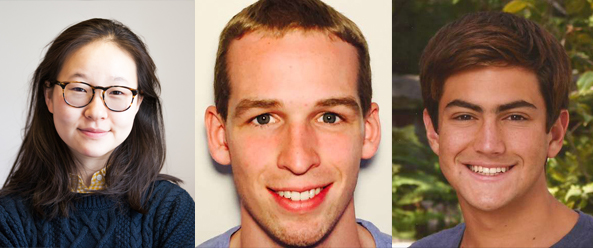
Yu said she dove into the project because she appreciates any chance she can to interact with community members, and she is interested in seeing the effects of policies that impact people’s lives. “”It’s sometimes easy to think about what we’re learning in class as isolated or theoretical, but having the opportunity to apply it to work with community organizations makes it all more meaningful and grounded,” she said.
Before giving the students her clinic’s data, Ruff scrubbed it of biographical data. Then she pointd them to statewide ACE scores collected by the Maine Center for Disease Control. “Understanding what our patients are bringing, what might have happened in their childhood, and what they might have arrived with to our door gives us a better understanding of them,” she said.
The three students calculated that of the 151 patients in Oasis’s data, 79.5 percent reported at least one adverse childhood experience, and 35.8 percent reported more than four. Additionally, “a higher percentage of Oasis patients have experience of the eight ACE categories [e.g., psychological abuse, parental substance abuse, parental divorce, parental mental illness, parental incarceration] compared to Maine residents on average.”
“We were stunned to see what people in our community have experienced,” said Yu, an economics and government major, adding that she was also dismayed to see that many of Oasis’s patients checked not just one, but several of the questions on the survey. She said she’s interested in better understanding policy decisions because of the far-reaching consequences of “even the smallest policy choices.”
“At Bowdoin, we share a set of values that go along with the idea of the Common Good,” she said. “There are so many ideas out there about how to get us to a better society, and Professor Fitzgerald’s class is teaching us how to evaluate those ideas and find the ones that will work most effectively. We’re learning to think critically about the policies that shape our experiences and our communities—how can we find out which have an actual impact, and what kind of impact are we even looking for?”
